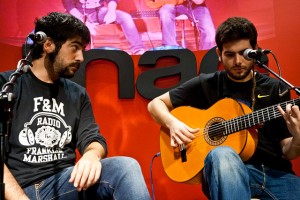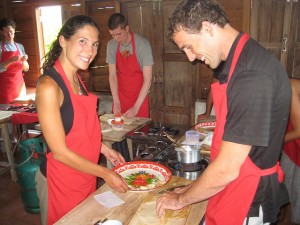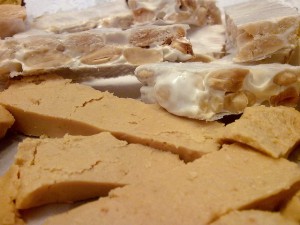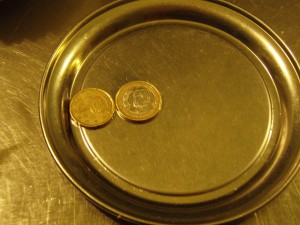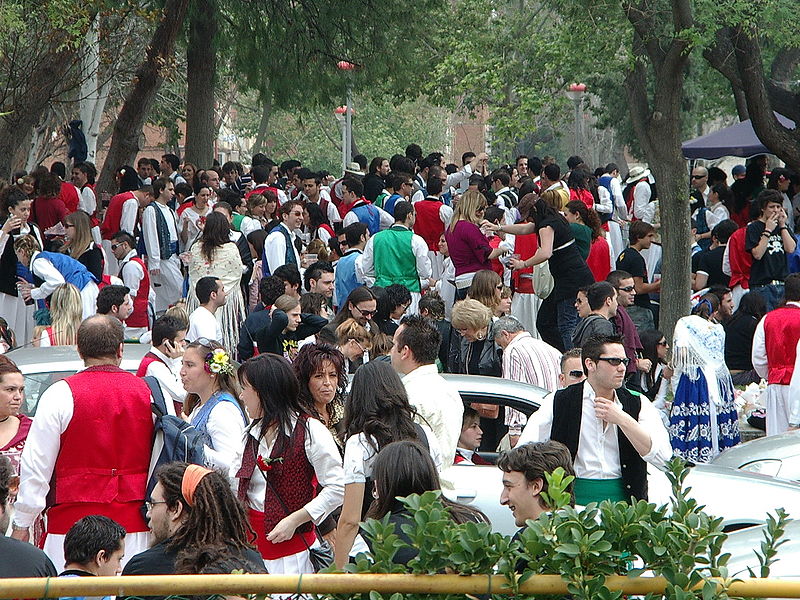The Spanish language is spoken by over 450 million people in the world, it is the second most studied and the third most used on the internet. This data shows that Spanish enjoys a great vitality and its presence in many countries becomes more and more important every day, the United States is one of the places where it grows the fastest.
In United States the importance and presence of Spanish is growing quickly among its inhabitants. Also, with more than 50 millions Spanish speakers, it is the second country behind Mexico counting the biggest community of Spanish speaking citizens in the world, beating other nations such as Spain, Columbia or Argentina.
►…continue reading the Spanish language to conquer United States








